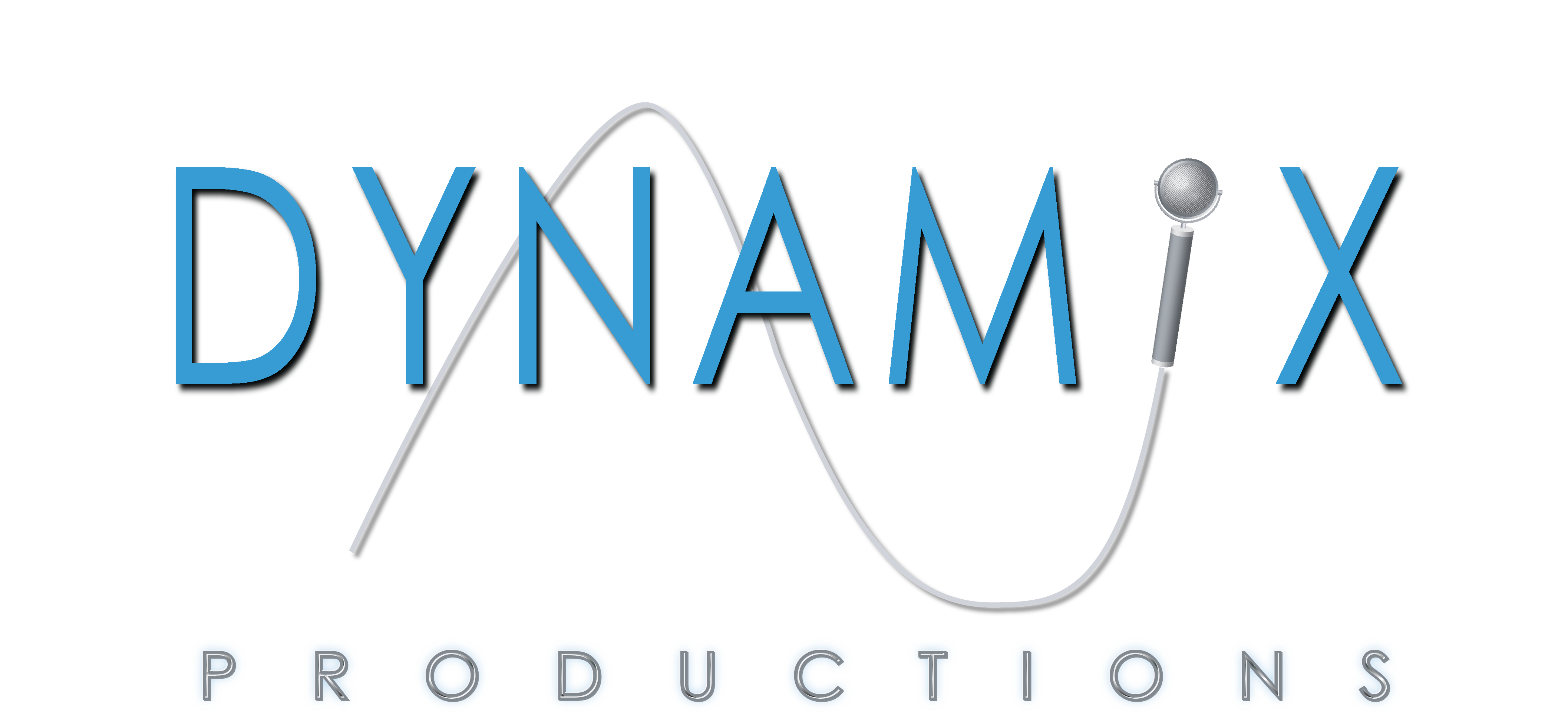Apr 04, 2017 05:22 PM Filed in:
Did You Know?
"Shh! Listen! Someone's coming! I think -- I think it might be us!"
J. K. ROWLING, Harry Potter and the Prisoner of Azkaban
Time is considered an invention by humans. But debates about whether time travel is possible revolve around physics, something we didn't invent. So if we invented time, we should be able to alter it, right? Before your head explodes, let's play a little game. Imagine we can time travel without the consequences of changing history, altering timelines, and other scenarios that science fiction writers love. We'll go back 50, 100, or 200 years into the past and flaunt our technology. We'll also be visited by technophiles from the future. Let's put our tin hats on and fire up the time machine!
This mental exercise was recently brought up by my intern, Chris Marra, from the STEAM Academy. We were discussing the foundations of digital audio and how it's based on past technologies. The most intriguing question was, if you could go back in time, at what point would our technology be viewed as pure magic? Most technological advancements are a gradual improvement upon existing technology. At different points in human history however, there have been giant leaps such as the wheel, the gun, and space travel. In our modern digital world, we tend to think of technology from fifty years ago to be from the stone age. But I argue that a journey back to 1967 wouldn't be the groovy magic show we think it would be. What would we pack in our suitcase for show-and-tell?
- The smart phone. Bzzzz! Astounding, yes. Magic, no. It's just a TV, phone, and computer. In 1967, TVs were in color, phones were in their 80th year, and computers were dominating large businesses.
- The Digital Audio Workstation (DAW). Bzzzz! Binary code was invented in 1679. Magnetic recording was patented in 1878. Digital audio was invented in 1937, hard drives in 1956, and the compact disc (CD) in 1966. Electrical music instruments date from the 1870s, synthesized audio tones in 1906, and computers were making music in the 50s. Waveforms were already viewed on oscilloscopes.
- Artificial Intelligence (AI). Bzzzz! The great thinkers in ancient China, Egypt, and Greece tried to build self-operated machines. L. Frank Baum dreamed up the Tin Man in Oz in 1900 and Fritz Lang created an evil robot in the 1927 movie Metropolis. The first robot was exhibited in 1928. The first AI program was written in 1956.
If we go back to 1917, we start to see some eye-popping reactions to the devices, but not the concepts. The smart phone's pictures would not be magic, as photography dates back to the 1820s. Movies had been around a few decades, so the video would just be astounding, not magic. Digital audio would not be incomprehensible, because records were becoming commonplace. The DAW would be a new concept as a whole, but elements such as synthesized tones and the computer monitor would not be magic. AI would not be magic because of fiction and earlier attempts to mechanize.
If we zip back to 1817, President James Monroe wouldn't be totally convinced that your smart phone was magic. Once you explained that it ran on electricity, he might have passing knowledge of theory and experiments. The photos would be pretty amazing, almost magical. But once you explained that they were captured with a lens, he would reference his understanding of optics and the camera obscura. The audio squawking from a speaker would probably be magic, as would video. The DAW would nearly be incomprehensible.
I was interested in getting Chris's take on a visitor from the future because his technological foundation is digital. To today's youth, analog formats such as cassettes and records are merely a curiosity rather than an old familiar, if not inferior, way to listen to music. It's difficult to predict the future, especially when envisioning devices, so we kept our time machine aimed at concepts. What would a visitor from 2067 try to pull off as magic?
PREDICTION: Artificial Intelligence will dominate. The audio engineer and video editor will be nearly nonexistent. Most audio and visual elements of entertainment will be decided upon, captured, assembled, and delivered with AI. Even the actor will be either chosen or computer generated by AI. Traditional production (the way we do it today) will be a boutique service.
REALITY: There is already software that can analyze video and insert appropriate sound effects based on content. Software also exists to automate music editing based on length. Software has been auto-leveling elements for years, and synthesized voice-over has been used for decades and improving.
- PREDICTION: Return to simplicity, especially in music. Our jumbled, ad-driven, re-sampled world of today will give way to more streamlined experiences and will spill over into music. Perhaps taking a cue from the more pure tonal structure of classic music, acoustical instruments will dominate, maybe by a new class of instruments we've never seen before.
- REALITY: Sample-driven, short-attention-span-type of music has to have a breaking point. We're already seeing a return to simpler pop music arrangements that focus on the vocal performance. New technology is building traditional instruments. Guitars, string instruments. reeds, saxes, and trumpets are already being 3D printed.
- PREDICTION: Music will be recorded and reproduced in a completely different way. Imagine listening to a Mozart quintet in your living room where the musical instruments themselves played and vibrated. Combining virtual reality and holograms with the ability to physically create sound waves in your living room, you would not need to wear any technology. It would be kind of like the holodeck on Star Trek. Microphones will be old school.
- REALITY: Virtual Reality (VR) is driving game development. Holograms have been around since the 70s and are improving. Capturing sound waves with light (lasers) is already happening.
- PREDICTION: Brain wave control. Manipulating software, hardware, and music instruments using only your brain.
- REALITY: Scientists have already demonstrated brain waves controlling prosthetics, computers, and toys. We will be able to manipulate audio and visuals with our brains. We might even be able to create polyphonic music just by dreaming it up.
There's really only one thing I would really like to see invented: a deadline-delay machine. As we production people say, we never really finish a project, we just run out of time.
Explore More
Tags: Time travel, Artificial intelligence, DaW, Digital, Audio engineer, music, virtual reality, vR




